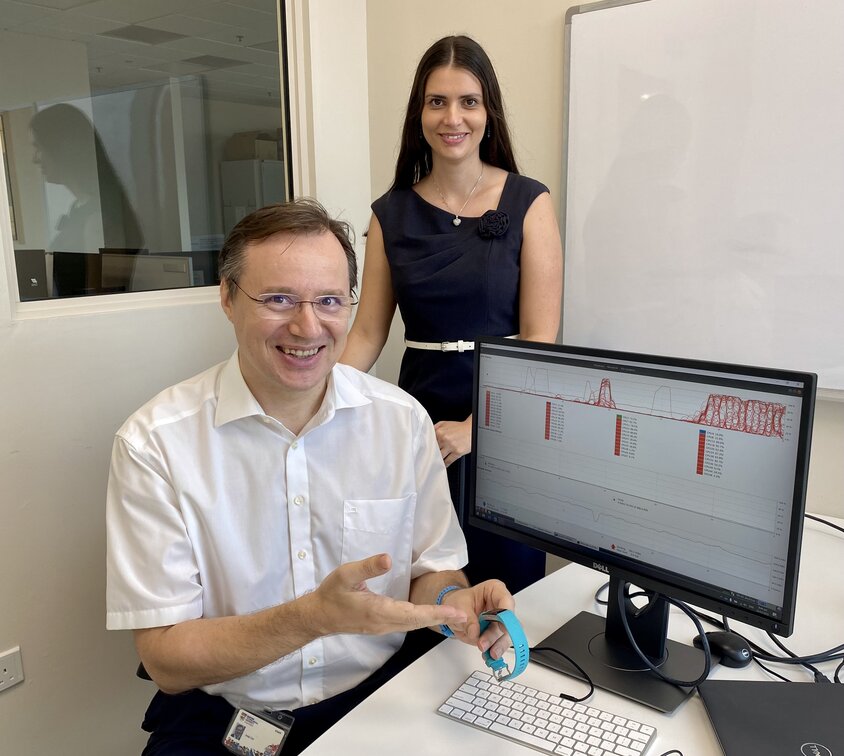Researchers from Nanyang Technological University (NTU) say that it can be difficult to diagnose a mental illness because no biomarkers have so far been identified for such conditions.
A biomarker could prove useful in determining a heart attack as experts know which tests to conduct based off that marker but since mental illnesses are so varied and present differently in people, scientists are now using AI to combat that issue.
It’s hoped that by using AI, masses of information can be gathered from data sets and potentially lead to the discovery of a mental illness biomarker.
“AI programmes that analyse large datasets have made it possible for us to spot relationships between gene expression and metabolic data,” said bioinformatics scientists Asst Prof Wilson Goh.
“Looking at more dimensions in the data may enable physicians to identify early indicators of schizophrenia and treat the disorder before the patient’s quality of life deteriorates.”
Dementia, schizophrenia, and depression are three of the major mental disorders that experts are hoping to find a biomarker for.
Schizophrenia is being researched using an AI algorithm that analyses gene expression and metabolic profiles in blood samples from over 600 young people according to NTU.

A five year-study on over 1500 dementia patients from Singapore hospitals will be conducted with research from MRIs, blood works and brain scans all to contribute to the data set AI will analyse.
“This will help us develop personalised strategies which could potentially prevent and delay the development of dementia in each patient,” said Senior consultant neurologist Prof Nagaendran Kandiah of NTU.
“For example, we can formulate interventions to improve a patient’s weak cognitive areas as well as enhance their strengths to delay the progression of dementia.”
A non-invasive AI tool will be developed in the form of a wearable activity tracker to help predict the risk of an individual developing depression.
“From the data, the researchers associated certain patterns in the participants’ fitness tracking behaviours to depressive symptoms, such as feelings of helplessness and hopelessness, a loss of interest in daily activities, and changes in appetite or weight,” said NTU.






